- Taxes and fees will now be INCLUDED in your new Boost Mobile plan.
- 6,800 Boost Mobile locations nationwide for your convenience.
- 99% nationwide coverage with voice roaming.
- Boost Perks, a reward program exclusive to Boost Mobile customers.
 Comcast and Charter Communications have begun to compete outside of their respective cable footprints, potentially competing directly head to head for your business, but only if you are a super-sized corporate client.
Comcast and Charter Communications have begun to compete outside of their respective cable footprints, potentially competing directly head to head for your business, but only if you are a super-sized corporate client.
Comcast Business has targeted selling large Fortune 1000 companies internet service through contractual partnerships with Charter, Cox, and Cablevision/Altice USA for a few years now. The cable giant recently entered the Canadian market, at least for U.S.-based companies that have satellite offices north of the border. Comcast now directly competes with other cable operators selling enterprise-level broadband service, whether the customer is inside Comcast’s footprint or not, but will not offer a similar service to consumers looking for better options.
The cable industry’s longstanding de facto agreement not to compete head to head for customers will probably remain intact even as Charter this week unveils its own national broadband service called Spectrum Total Connect. It will be available across the country, offering customers up to 940 Mbps broadband service at a highly competitive price, but only if you are running a large business and have an account with Spectrum Business National Accounts, which provides connectivity for large business franchises, national retailers, and companies utilizing a large network of telecommuters scattered around the country. Consumers need not apply here either.

Charter has refused to say who it has partnered with to provide the service, but it is likely a reciprocal agreement with Comcast and other cable companies it already works with to provide enterprise-level service. The new service will be rolled out in the next several weeks.
Cable companies have been successful selling connectivity products to small and medium-sized businesses, but large national companies have traditionally relied on phone companies to provide them with total connectivity packages that can reach all of their locations. Until Comcast began selling service outside of its footprint, cable companies have had to turn down business opportunities outside of their respective service areas. But now Comcast and Charter can reach well beyond their local cable systems to satisfy the needs of corporate clients.
 But neither company wants to end their comfortable fiefdoms in the residential marketplace by competing head to head for customers. Companies claim it would not be profitable to install redundant, competing networks, even though independent fiber to the home overbuilders have been doing so in several cities for years. It seems more likely cable operators are deeply concerned about threatening their traditional business model supplying services that face little competition. In the early years, that was cable television. Today it is broadband. Large swaths of the country remain underserved by telephone companies that have decided upgrading their deteriorating copper wire networks to supply residential fiber broadband service is not worth the investment, leaving most internet connectivity in the hands of a single local cable operator. Most cable companies have taken full advantage of this de facto monopoly by regularly raising prices despite the fact that the costs associated with providing internet service have been declining for years.
But neither company wants to end their comfortable fiefdoms in the residential marketplace by competing head to head for customers. Companies claim it would not be profitable to install redundant, competing networks, even though independent fiber to the home overbuilders have been doing so in several cities for years. It seems more likely cable operators are deeply concerned about threatening their traditional business model supplying services that face little competition. In the early years, that was cable television. Today it is broadband. Large swaths of the country remain underserved by telephone companies that have decided upgrading their deteriorating copper wire networks to supply residential fiber broadband service is not worth the investment, leaving most internet connectivity in the hands of a single local cable operator. Most cable companies have taken full advantage of this de facto monopoly by regularly raising prices despite the fact that the costs associated with providing internet service have been declining for years.
Cherry-picking lucrative commercial customers while leaving ordinary consumers mired in a monopoly is more evidence that the U.S. broadband marketplace is broken and under regulated. Competition is the best solution to raising speeds while reducing prices — competition regulators should insist on wherever possible.


 Subscribe
Subscribe
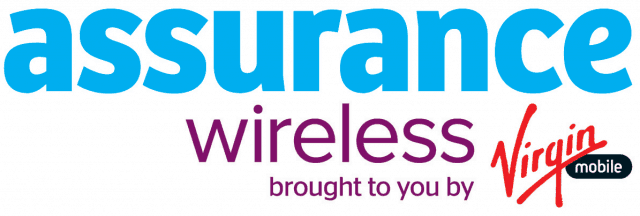 The malware activates the moment a user powers on their phone for the first time. Most customers will simply be annoyed if ad-related apps automatically install, but with a security-compromised phone opening the door to more malware in the future, this “lowers the bar on bad behavior by app development companies,” according to Collier.
The malware activates the moment a user powers on their phone for the first time. Most customers will simply be annoyed if ad-related apps automatically install, but with a security-compromised phone opening the door to more malware in the future, this “lowers the bar on bad behavior by app development companies,” according to Collier.
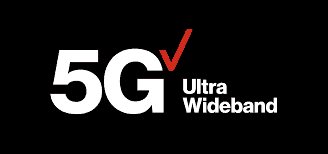 “It’s very much a mobility strategy, with a secondary product of Home [5G], rather than us changing our overarching mobility deployment to try to accelerate Home at the expense of the overall 130 million customer base,” Dunne explained.
“It’s very much a mobility strategy, with a secondary product of Home [5G], rather than us changing our overarching mobility deployment to try to accelerate Home at the expense of the overall 130 million customer base,” Dunne explained.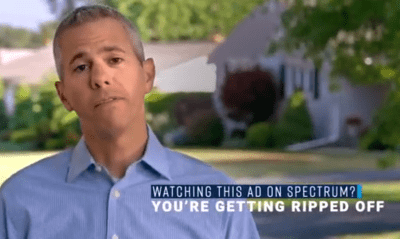
 In some cases, customers are being turned over to the collection agency for as little as an allegedly unreturned remote control. As a result, consumers are ending up with damaged credit because of the reported collection activity.
In some cases, customers are being turned over to the collection agency for as little as an allegedly unreturned remote control. As a result, consumers are ending up with damaged credit because of the reported collection activity.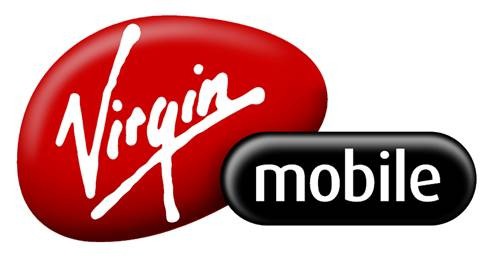
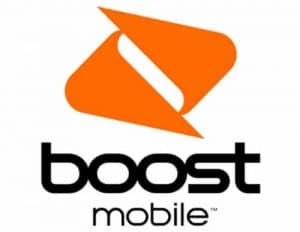 The transition will strand Virgin Mobile Broadband and Broadband2Go customers that use a standalone device for mobile broadband service, often used by RV-traveling customers or those in rural areas. Sprint has decided that Boost Mobile will not serve those customers, so mobile data service provided over standalone hotspot devices will end next month.
The transition will strand Virgin Mobile Broadband and Broadband2Go customers that use a standalone device for mobile broadband service, often used by RV-traveling customers or those in rural areas. Sprint has decided that Boost Mobile will not serve those customers, so mobile data service provided over standalone hotspot devices will end next month.